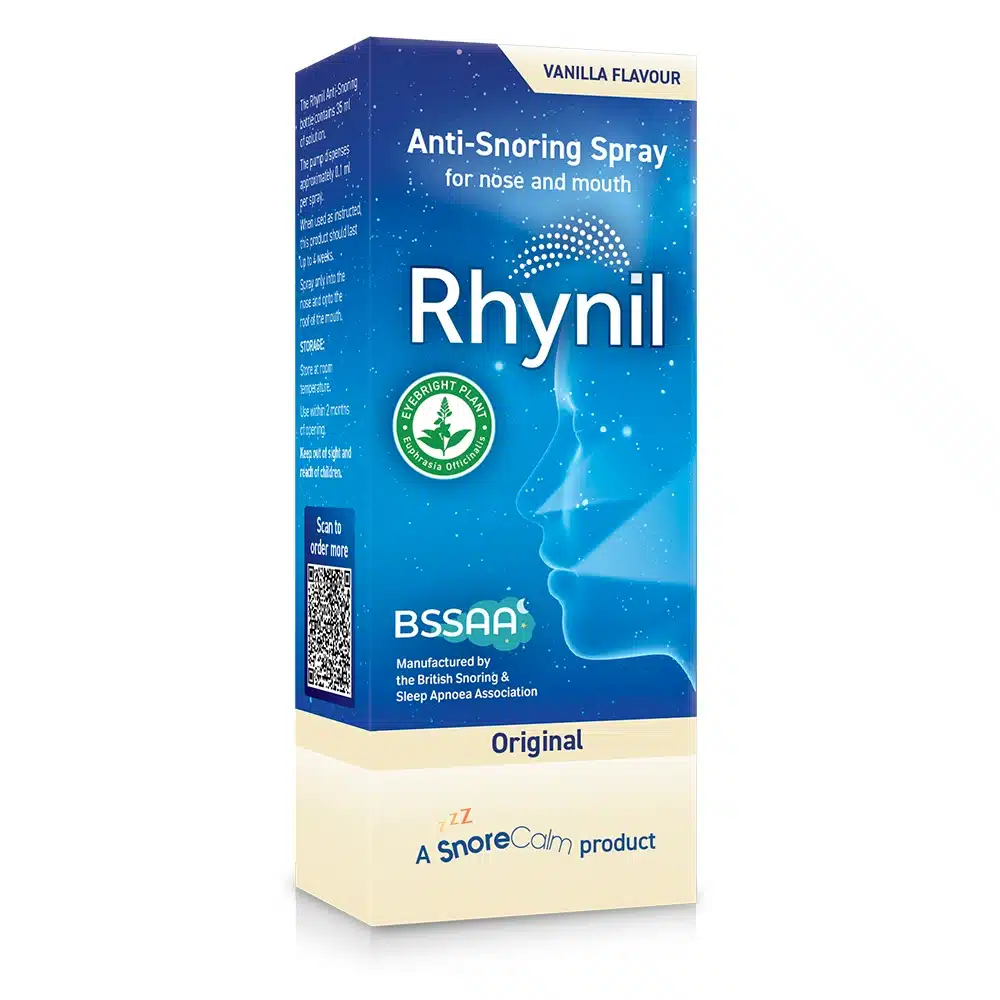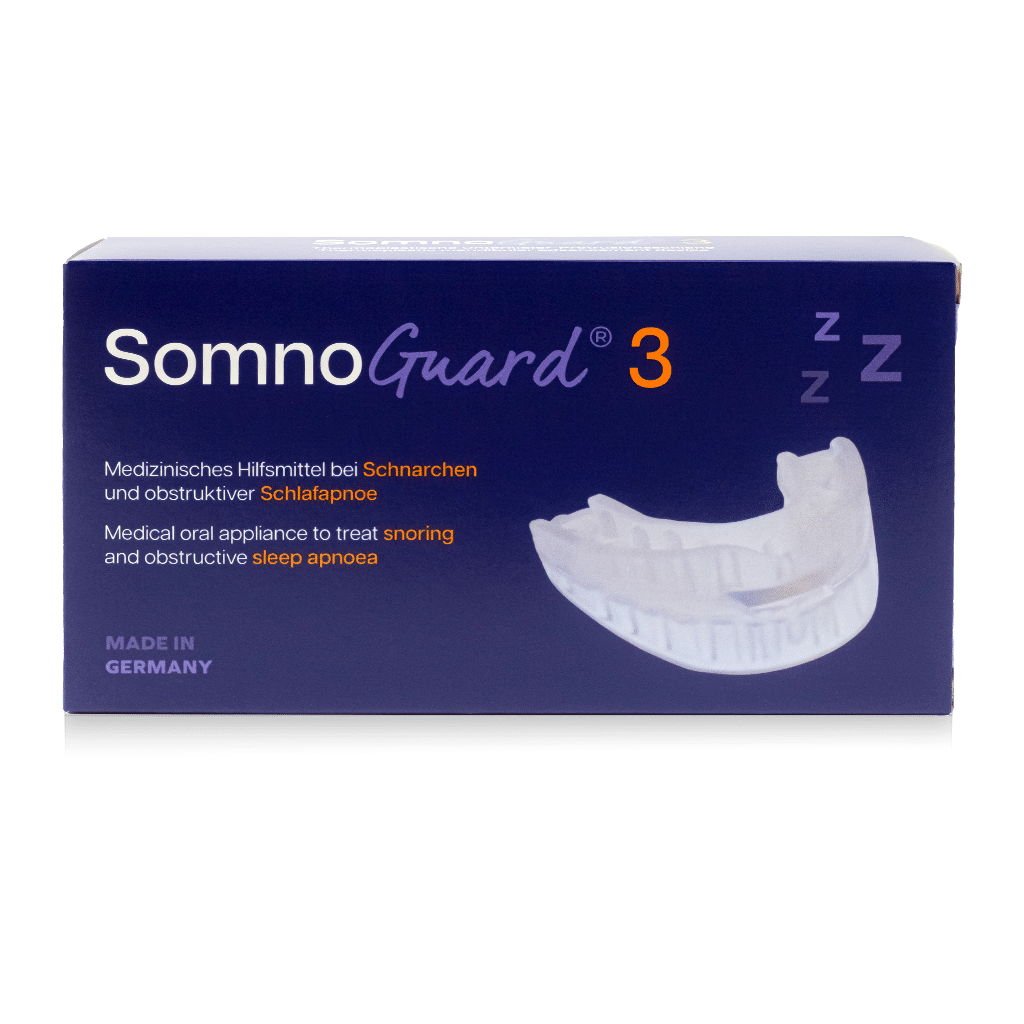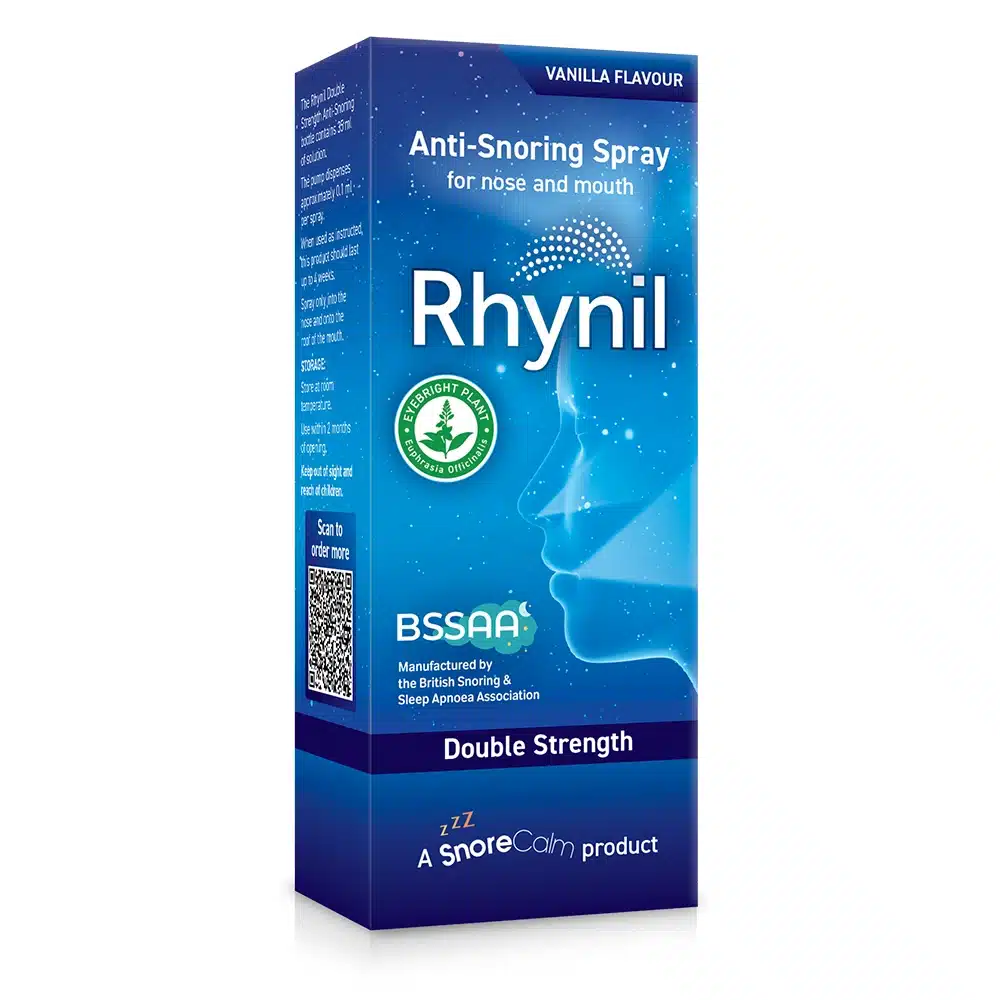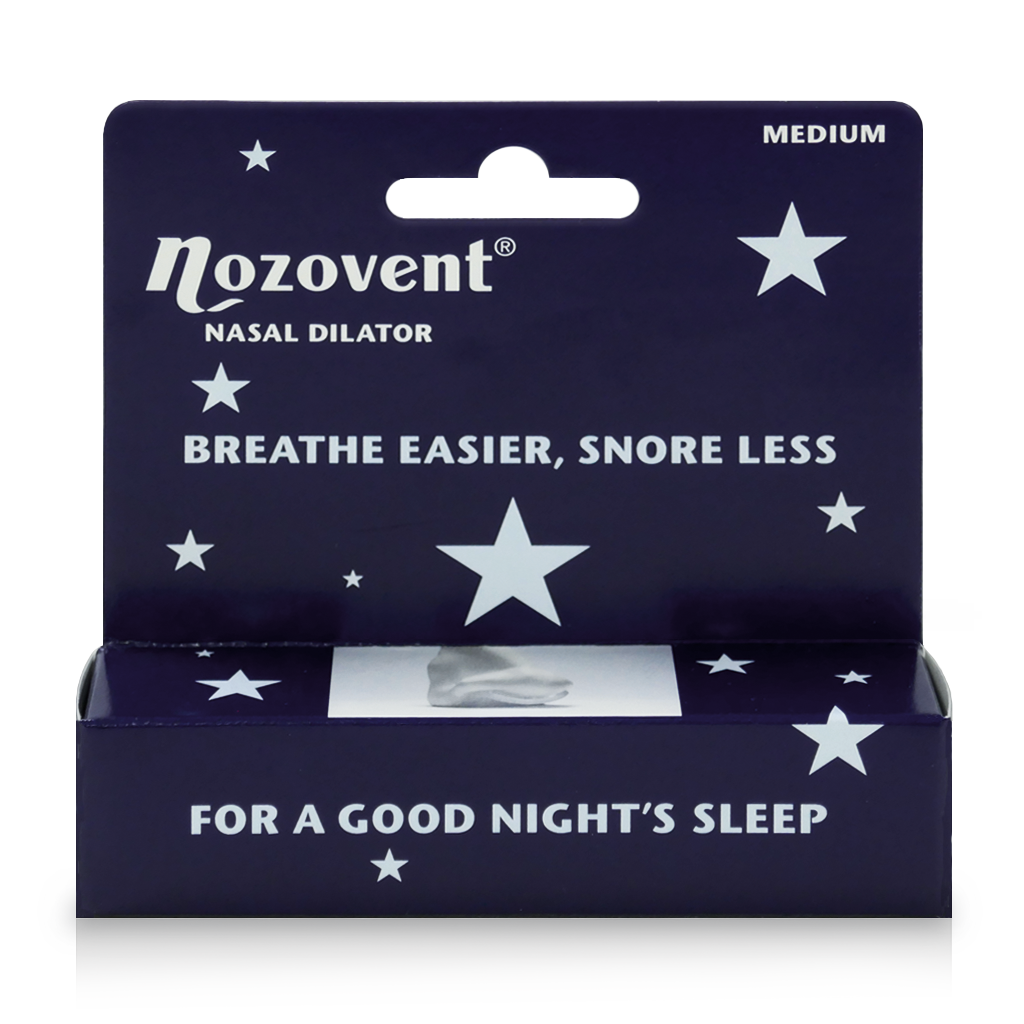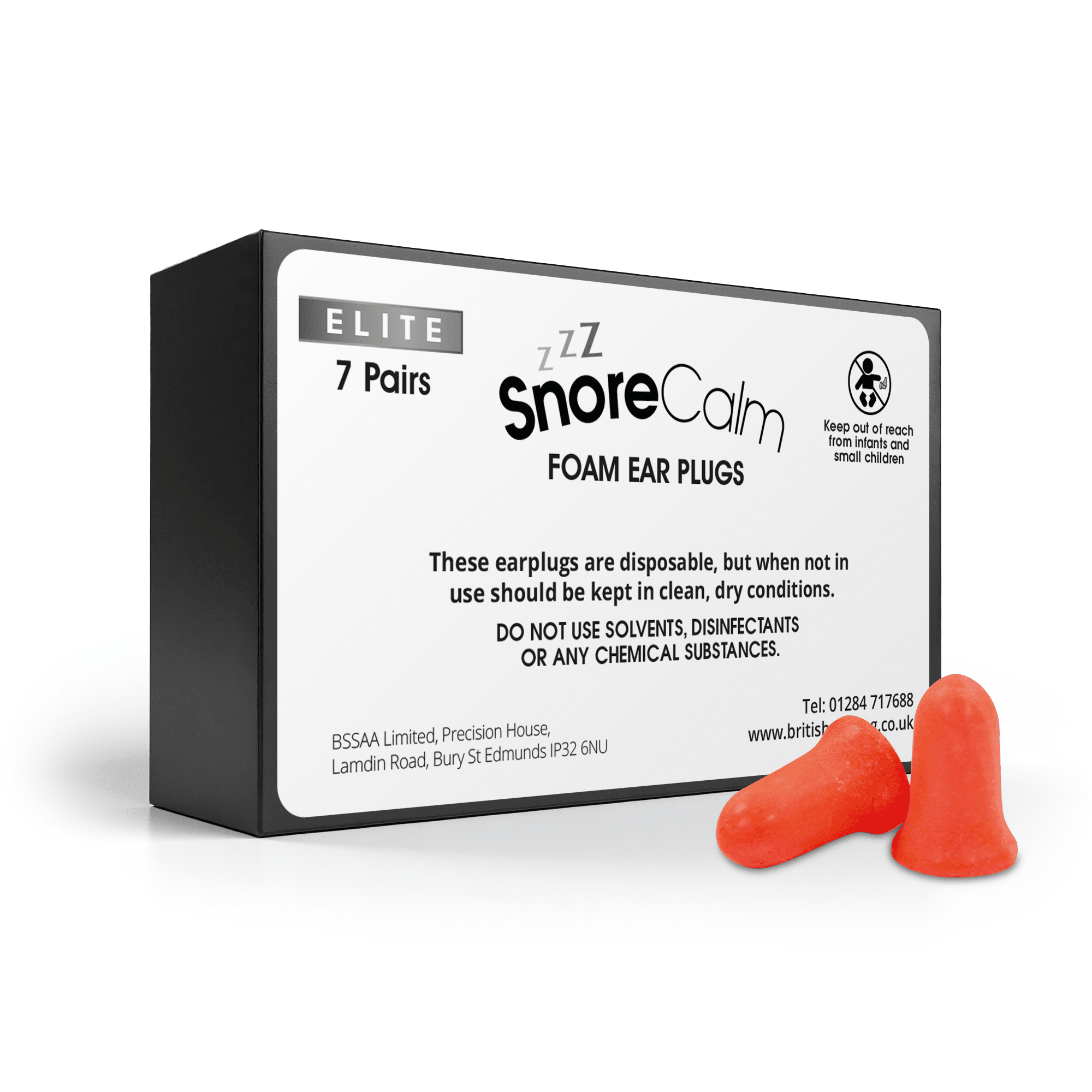How do I know if I have Sleep Apnoea?
People with sleep apnoea may complain of excessive daytime sleepiness often with irritability or restlessness. But it is normally the bed partner, family or friends who notice the symptoms first.
Sufferers may experience some of the following:
- Extremely loud heavy snoring, often interrupted by pauses and gasps
- Excessive daytime sleepiness, e.g., falling asleep at work, whilst driving, during conversation or when watching TV. (This should not be confused with excessive tiredness with which we all suffer from time to time)
- Irritability, short temper
- Morning headaches
- Forgetfulness
- Changes in mood or behaviour
- Anxiety or depression
- Decreased interest in sex
Remember, not everyone who has these symptoms will necessarily have sleep apnoea. We possibly all suffer from these symptoms from time to time but people with sleep apnoea demonstrate some or all of these symptoms all the time.
Diagnosing Sleep Apnoea
OSA can range from very mild to very severe. The severity is often established using the apnoea/hypopnoea index (AHI), which is the number of apnoeas plus the number of hypopnoeas per hour of sleep – (hypopnoea being reduction in airflow). An AHI of less than 10 is not likely to be associated with clinical problems. To determine whether you are suffering from sleep apnoea you must first undergo a specialist ‘sleep study’. This will usually involve a night in hospital where equipment will be used to monitor the quality of your sleep. The results will enable a specialist to decide on your best course of treatment.
The ultimate investigation is polysomnography, which will include:
- Electro-encephalography (EEG) – brain wave monitoring
- Electromyography (EMG) – muscle tone monitoring
- Recording thoracic-abdominal movements – chest and abdomen movements
- Recording oro-nasal airflow – mouth and nose airflow
- Pulse oximetry – heart rate and blood oxygen level monitoring
- Electrocardiography (ECG) – heart monitoring
- Sound and video recording
This is a very expensive investigation, with few centres able to offer it routinely for all suspected sleep apnoea patients. A ‘mini’ sleep study is more usual, consisting of pulse oximetry and nursing observation. Home sleep study is becoming more popular.
Central & Mixed Sleep Apnoea
OSA is the commonest form of sleep apnoea, (about 4% of men and 2% of women) but there is also a condition called Central Sleep Apnoea (CSA). This is a condition when the brain does not send the right signals to tell you to breathe when you are asleep. In other words the brain ‘forgets’ to make you breathe. It can also be associated with weakness of the breathing muscles. The assessment for CSA is often more complicated than for OSA and the treatment has to be carefully matched to the patient’s requirements. There is also a condition called Mixed Sleep Apnoea that is a combination of both obstructive and central sleep apnoea.



